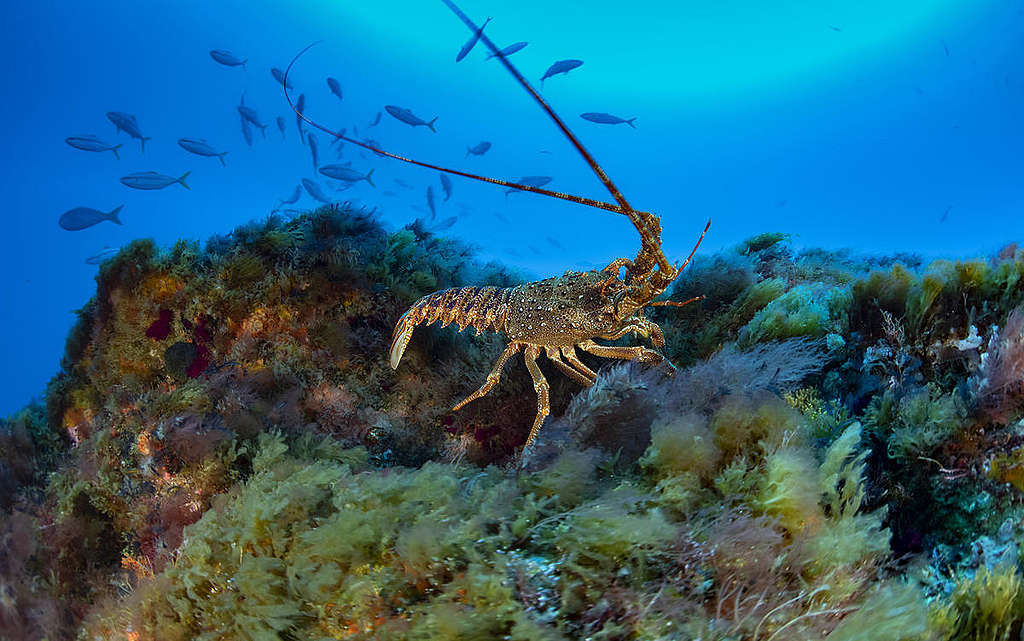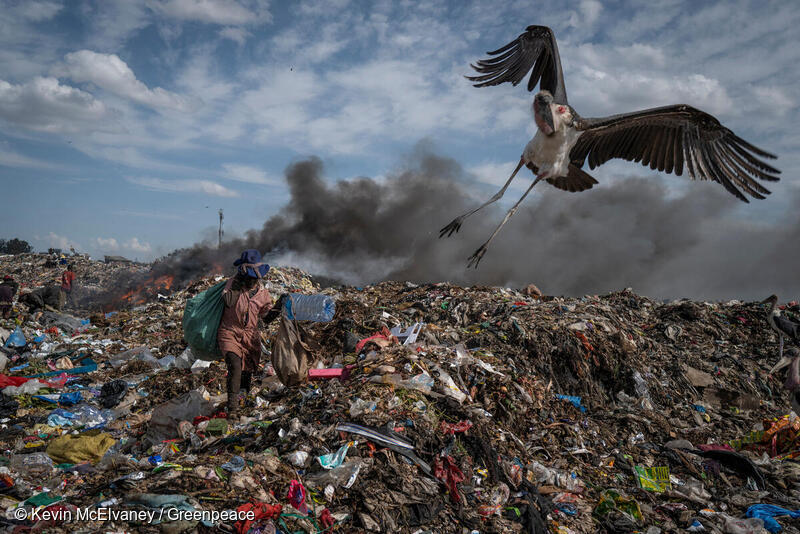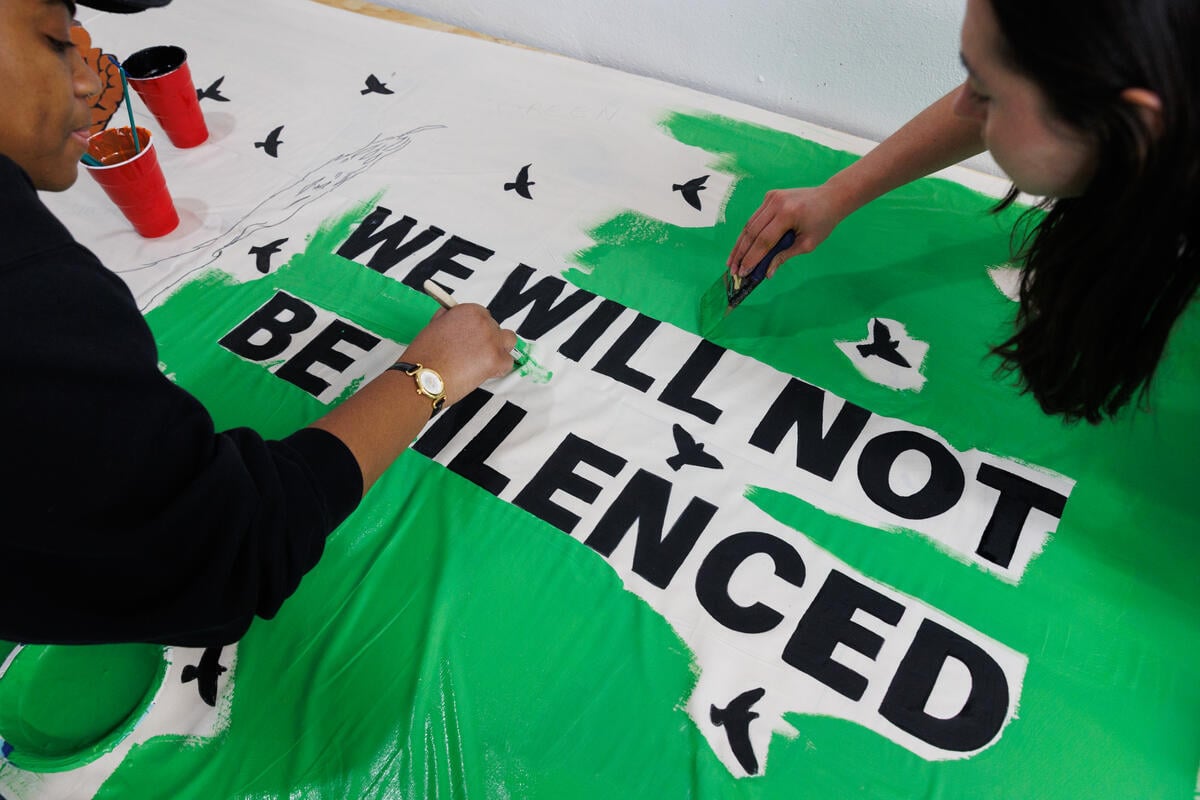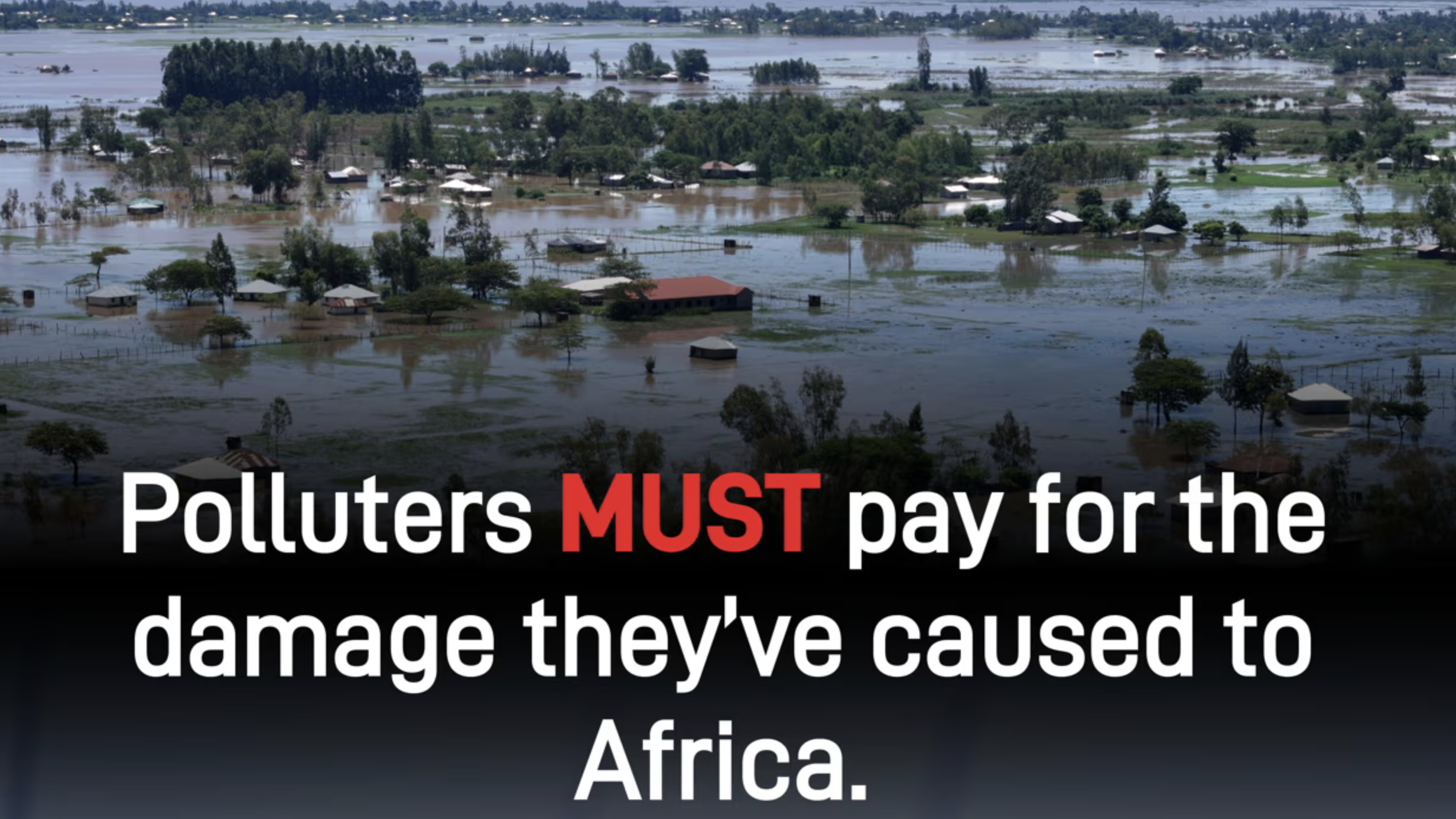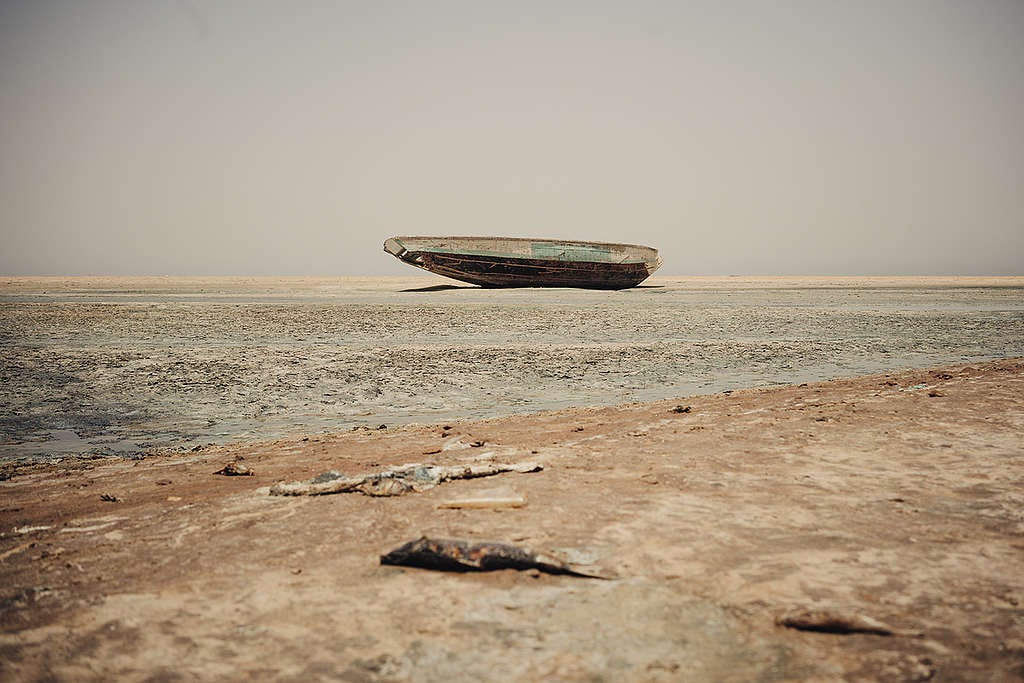
Torn between the advancement of desertification and drought on the one hand and floods, sea level increases and coastal erosion on the other, the West African region, which has 340 million inhabitants spread over 16 countries, is one of the three regions battling the climatic humanitarian disaster of our century.
In 2011, the United Nations Environment Program identified nineteen climate hotspots in West Africa. These hotspots are located in the central part of the Sahel, Niger, Burkina Faso, northern and coastal Ghana, northern Togo, Benin and Nigeria.
The consequences of global warming are severely impacting two key activities in West Africa: agricultural activities, which are particularly sensitive to climatic variations, where productivity depends on it, and fishing, the real economic lifeline of the region.
Based on a comparative analysis in 132 countries, it is established that Mauritania and Senegal are the most vulnerable countries with respect to fishing. Like the fishermen of the Saint-Louis region in Senegal who are forced to migrate to fish in Mauritanian waters, the people of Bargny parade in red armbands to the cries of: “Help, mom, we’re drowning!”.
Some say, no more and no less, that if “Africa is the dustbin of the world, Bargny is the dustbin of Senegal“. Whether exaggerated or true, the fact is that this locality is home to many issues related to the environment, with a phenomenon of erosion, which began in the 1980s and has worsened since the early 2000s.
“Hurricane Fred in 2015 was particularly severe. Between power surges and the rise in sea level – which will accelerate considerably in the decades to come, scientists now say – Bargny is currently losing three to four meters of coastline every year,” says Daouda Guèye, one of the first opponents to the power plant project, quoted by the French magazine La Croix.
Project of the power plant? Indeed, the construction of a coal-fired power station is planned there to the great displeasure of the populations who demand a better consideration of the potential dangers of the latter on their health and on the environment. These populations also have a lot to do with the clandestine removal of sea sand from its beaches – already attacked by coastal erosion – and the pollution of its air by discharges from the neighboring cement plant.
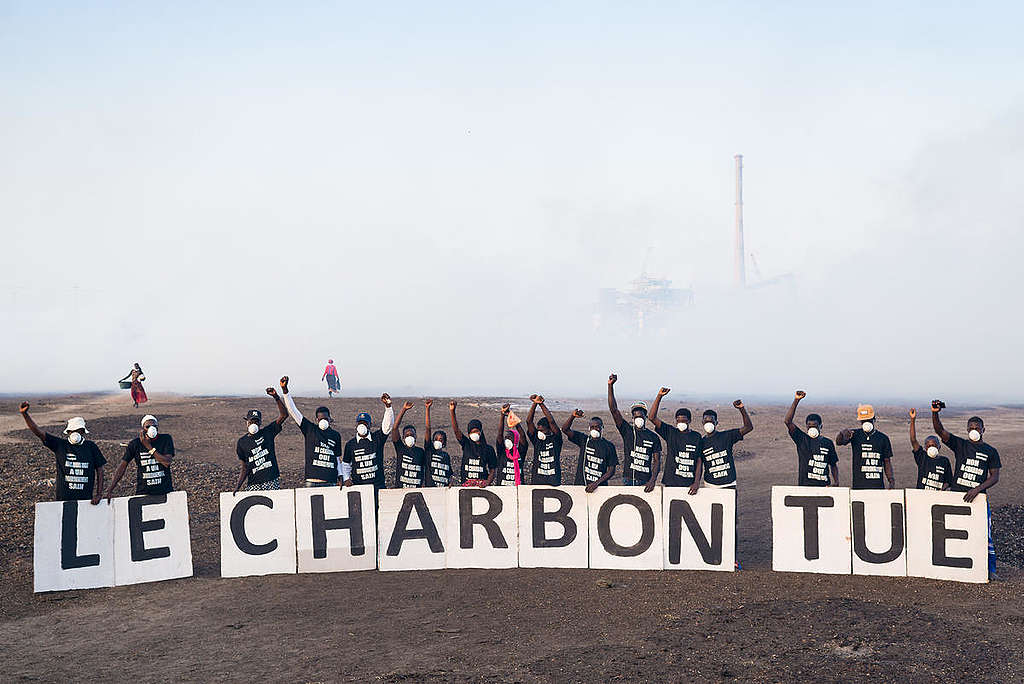
However, the city did not sit back and set up volunteer patrols to eradicate the clandestine theft of sand. The World Bank has been under siege to ensure that the front dyke built to protect the neighboring town of Rufisque can be extended. This dike has a promenade that extends 730 meters long and 23 meters wide. A dike similar to Bargny should be able to be financed thanks to the new mechanisms promised by the states of the North to those of the South, within the framework of COP21.
Even if Senegal managed to pull through by benefiting first from the Adaptation Fund and now from the Green Climate Fund, thus becoming one of the first two eligible countries in the world, it seems that one of the major challenges remains the ability of African countries to influence the negotiations at COP21. “The global objective of 2°C would correspond to a real increase of 3 to 4°C in coastal countries in the African zone. This could lead to ecological disasters. We are therefore calling for its revision to 1.5°C“, according to the formal Senegalese Minister of Environment and Sustainable Development Abdoulaye Bibi Baldé.
What seems to be corroborated by climate change impact analyses, reported by Hub Rural, a 2% increase in temperature is likely to cause the disappearance of 10 to 15% of species in West Africa, and would affect agricultural production by up to 30%.
For its part, after having participated in the previous twenty conferences, the NGO Enda Third World, based in Dakar and working in 26 countries, through the voice of its Executive Secretary Mr. Moussa Mbaye, believes that “it is necessary, more than ever, to give citizens their place in the dynamics of the search for solutions to climate change”.
The young people of Bargny are convinced of this and around the association Club de Réflexion et d’Actions Citoyennes, they launched the program Beach Zero Waste, a day of beach cleaning along the coastline in Bargny, in August 2020. In their wake, they brought along partners such as Greenpeace Africa.
While such initiatives are to be welcomed and encouraged, the fact remains that this is a serious matter: according to the World Bank, fish and their derivatives account for 18% of the animal protein consumption of Africans. Africa currently produces just over 9 million tons of fish and fish by-products per year, or a total of 5% of world production annually.
Even though this figure is insufficient to meet growing domestic demand, due to strong population growth and rising per capita income, the demand for fish and fish products is expected to increase by 30% by 2030. The ratio between imports and fish consumption in sub-Saharan Africa is expected to increase from 4% to 34% between 2000 and 2030!
Far from all these statistics and other figures, what then of the situation of the fishermen? In the columns of the daily newspaper Le Quotidien, Mamadou Sarr delivers his share of truth. Like his father before him, Mamadou Sarr dedicated his life to the sea. As secretary general of the Ouakam fishing committee, he fights for it, without succeeding in getting rid of the bitter feeling that “economic interests are always privileged, even in the face of what it is reasonable to do for the interest of the greatest number”.
Mamadou Sarr wishes, today, another path for his son. “I am lucky, he is a student and will never be a fisherman,” he blows. “Of course, I would have liked to pass on to him the workings of the profession and my two pirogues (pirogues refer to handcrafted banana-shaped boats used by traditional fishermen) ! But as long as malicious behavior and looting prevail over respect for natural resources, I wish him to stay away from this environment.”
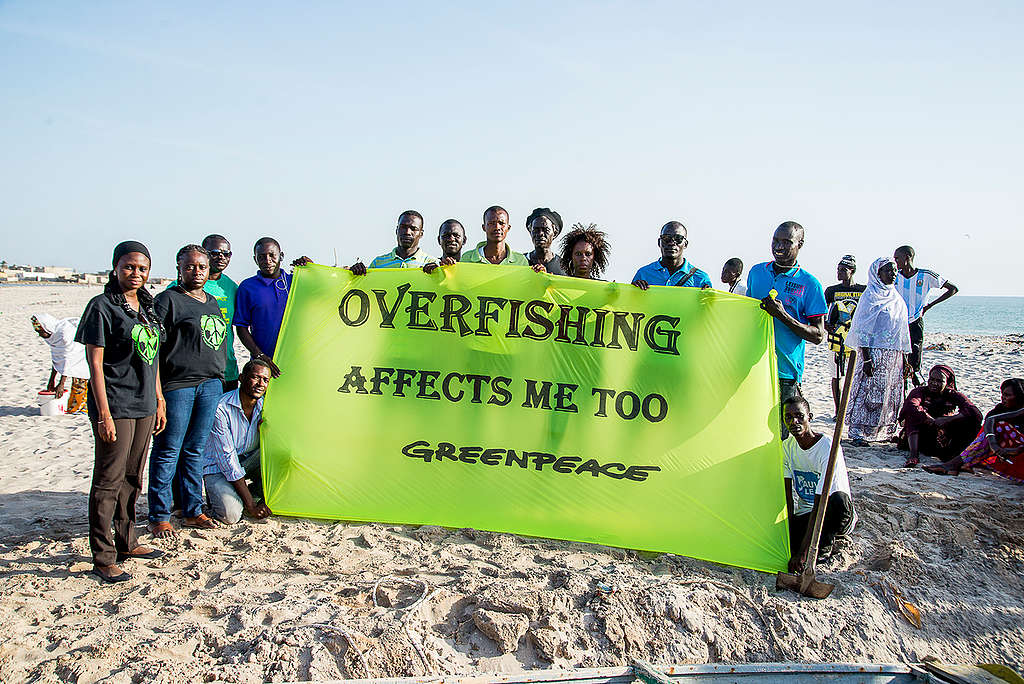
And to think that in this humanitarian climate disaster that has been announced, “the countries of the South are victims of climate change without being the most responsible actors“.
Protect our oceans – Get involved by signing the petition.
Cheikh Bamba Ndao
French Web Content Developer – Greenpeace Africa
